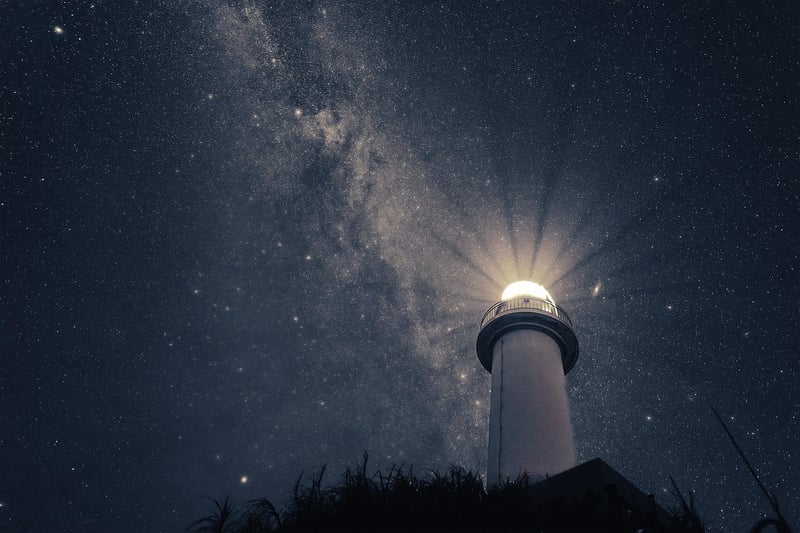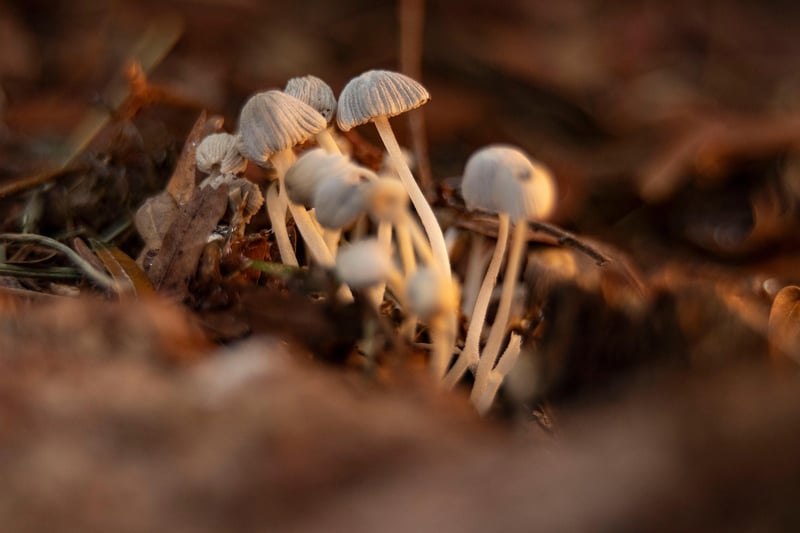Space Microorganisms
Exploring Life Beyond Earth: The Fascinating World of Space Microorganisms
As humans continue to search for signs of life beyond our planet, one intriguing area of study revolves around the existence of microorganisms in space. These tiny organisms, known as space microorganisms, have captured the curiosity of scientists and space enthusiasts alike. Let's delve into the fascinating world of space microorganisms and what their discovery could mean for our understanding of life beyond Earth.
The Possibility of Space Microorganisms
Microorganisms are incredibly resilient and adaptable life forms that can survive in extreme conditions. Scientists have discovered microorganisms thriving in some of the harshest environments on Earth, from deep-sea hydrothermal vents to acidic hot springs. This adaptability raises the question: could microorganisms exist in space?
Space is not a sterile vacuum as once believed. Recent studies have found that microorganisms can survive in the harsh conditions of outer space, including exposure to cosmic radiation and extreme temperatures. These findings have led to the hypothesis that microorganisms could potentially travel through space, hitching a ride on meteoroids or spacecraft, and survive in the vastness of the cosmos.
The Search for Extraterrestrial Microbial Life
Scientists are actively exploring the possibility of finding microbial life beyond Earth. Missions to Mars, Europa, Enceladus, and other celestial bodies are equipped with instruments designed to detect signs of microbial life. If microorganisms are found beyond Earth, it would have profound implications for our understanding of the origins of life and the potential for life to exist elsewhere in the universe.
Challenges and Controversies
The search for space microorganisms is not without its challenges and controversies. Some scientists argue that the presence of microorganisms on spacecraft could contaminate other planets and compromise our ability to find native extraterrestrial life. Strict protocols and sterilization techniques are in place to minimize the risk of contamination and ensure the integrity of scientific exploration.
Conclusion
Space microorganisms represent a captivating frontier in the quest to understand life beyond Earth. As technology advances and our exploration of the cosmos expands, the discovery of microbial life in space could revolutionize our perspective on the diversity and prevalence of life in the universe. Whether we find space microorganisms or not, the search itself is a testament to human curiosity and our insatiable drive to explore the unknown.

Image Source: Pixabay
